People are denied opportunities to succeed in academia because of discrimination. The mission of the Life Science Editors Foundation is to accelerate equity in science. To achieve our mission, we channel the diverse knowledge and expertise of the scientific community, including current and former journal editors, grant specialists, technical writers and researchers.
Volunteers
-
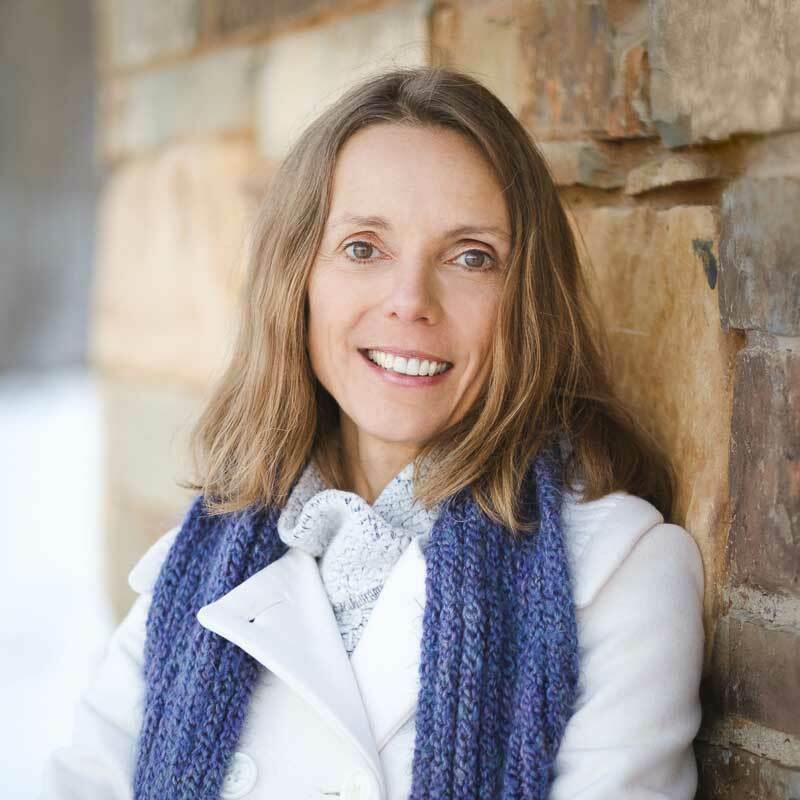
Dr. Angela Andersen
Co-Director

Dr. Angela Andersen
Co-Director
Angela studied catalytic RNA during her PhD (University of Toronto), X-chromosome inactivation as a postdoc (UCSF), and epigenetics and cancer as a Research Associate (HCI, OMRF). She was a Journal Editor at Cell for almost four years and co-founded and co-runs Life Science Editors and Life Science Editors Foundation. -

Dr. Brandi Mattson
Co-Director

Dr. Brandi Mattson
Co-Director
Brandi earned her PhD in Behavioral and Neural Sciences at Rutgers University and then completed a postdoctoral fellowship at The National Institute on Drug Abuse (NIDA) with Dr. Bruce Hope. She was a Group Leader (Neocortical Microcircuitry and Autism) at EPFL (École polytechnique fédérale de Lausanne) and a Scientific Editor at Neuron. She is an innovative scientific professional that leverages neuroscience insights to liaise among academic faculty and industry partners. Brandi capitalizes on academic research and research development careers to execute keen strategic initiatives to advance science in neuroscience, cancer, immunology, and cell biology at Tier 1 academic institutes. She is also a Scientific Editor with Life Science Editors.
-
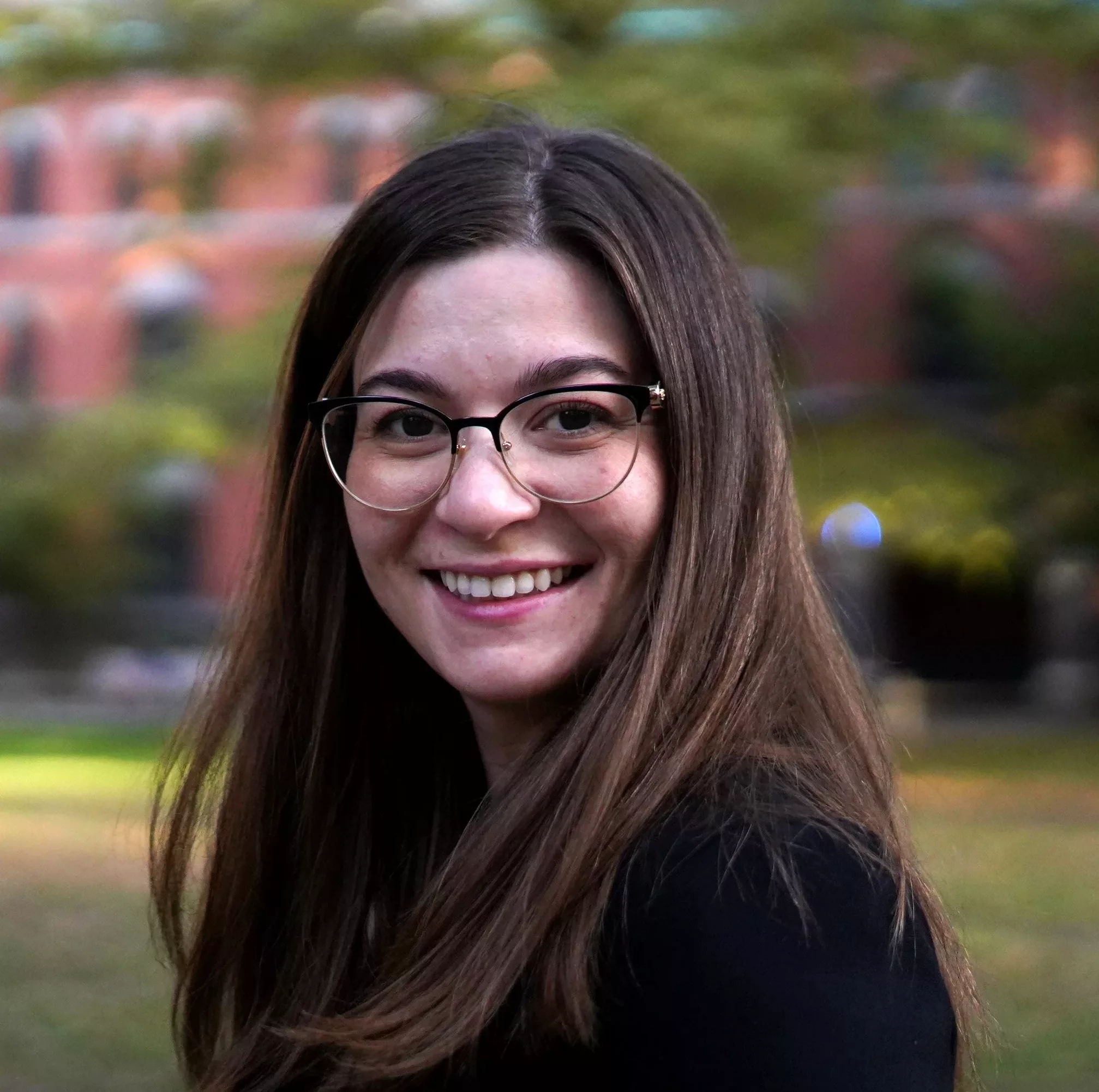
Dr. Lauren Gonzalez
JEDI Award Program Manager

Dr. Lauren Gonzalez
JEDI Award Program Manager
Lauren is currently a Research Development Fellow in the Yale Genetics Department, CT, USA.
-

Dr. Sabbi Lall
JEDI Award Program Manager

Dr. Sabbi Lall
JEDI Award Program Manager
Sabbi studied Developmental Genetics as a graduate student (Oxford), and microRNA-mediated regulation as a postdoc (NYU). She was a Journal Editor for five years at Nature Publishing Group and five years at Cell Press, where she was the Editor-in-Chief of Cell Reports. She is also a Scientific Editor with Life Science Editors .
-
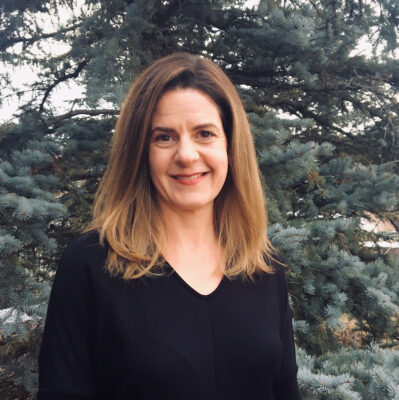
Dr. Shawna Hiley
JEDI Alumni Award Program Manager

Dr. Shawna Hiley
JEDI Alumni Award Program Manager
Shawna studied catalytic RNA during her PhD (University of Toronto) and and the global regulation of RNA processing (University of Toronto). She was a Post Secondary Educator at Centennial College, Canada, and Scientific Editor at Life Science Editors. Currently, she is Scientific Editor and Communication Strategist at Caltech with Dr. Mitch Guttman’s lab.
-
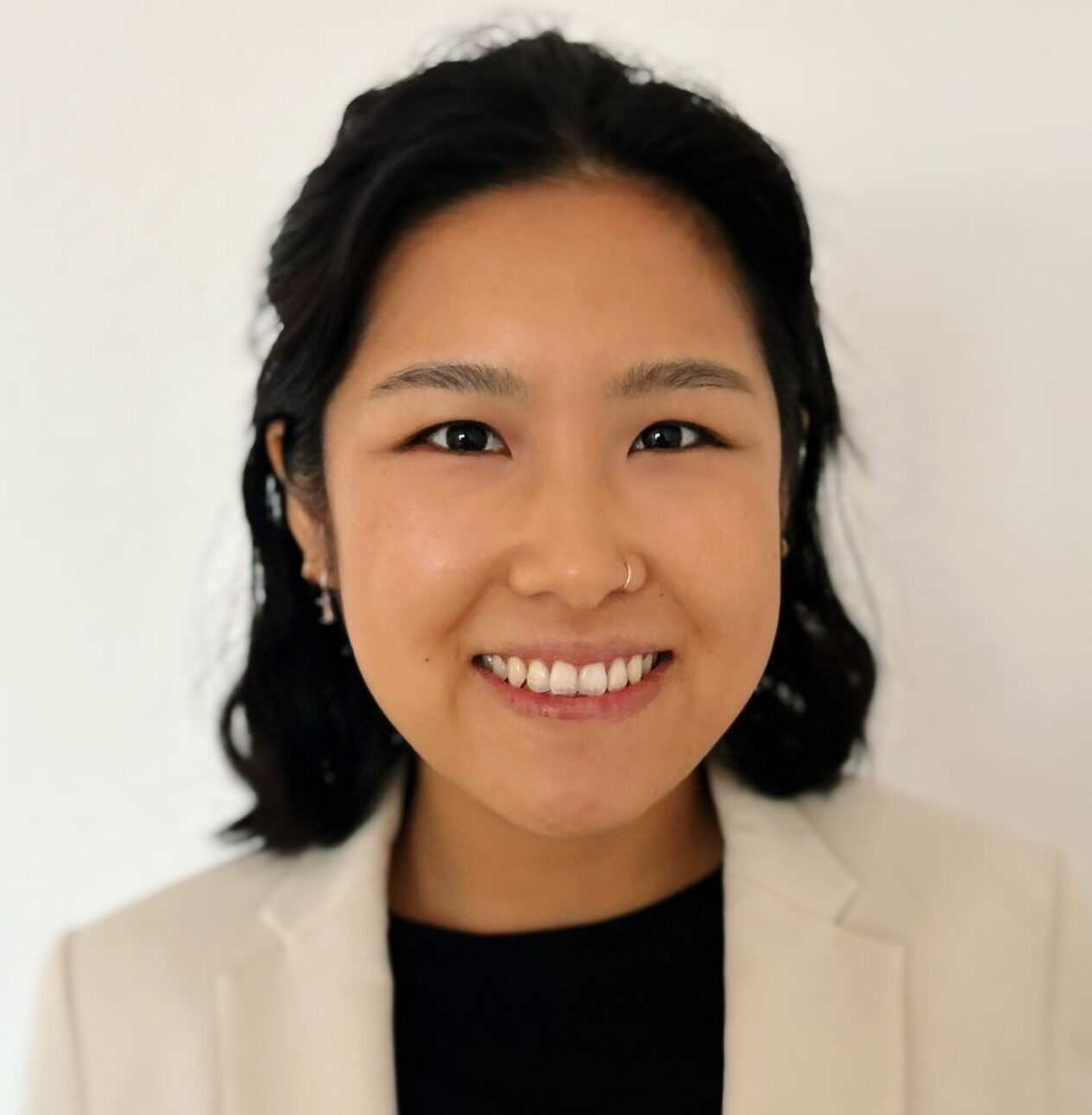
Dr. Weili Chan
Public Engagement Manager

Dr. Weili Chan
Public Engagement Manager
Weili studied marine chemical ecology during her PhD at the University of Queensland, Australia. She is now a Managing Editor for the Collections Management and Acquisitions team at Springer Nature.
-
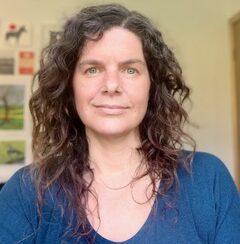
Dr. Gemma Alderton

Dr. Gemma Alderton
Gemma is a former Senior Editor at Nature Reviews Cancer and former Deputy Editor at Science. Currently, she is the Director of biosciedit.
-

Dr. Marie Bao

Dr. Marie Bao
Marie is a former Editor-in-Chief of Developmental Cell and a Leading Edge Editor at Cell. Currently the Director of Research Administration of the Department of Biological Chemistry and Molecular Pharmacology at Harvard Medical School. She is also a Scientific Editor with Life Science Editors.
-
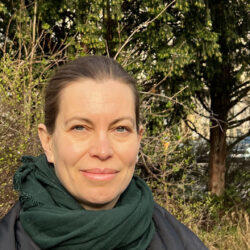
Dr. Natascha Bushati

Dr. Natascha Bushati
Natascha started her editorial career in 2012 at EMBO Molecular Medicine before moving to Nature Communications and Nature Cell Biology. In 2017 Natascha returned to Nature Communications, where she was the Chief Editor of the Cell and Developmental Biology team for nearly 5 years. She is also a Scientific Editor with Life Science Editors.
-
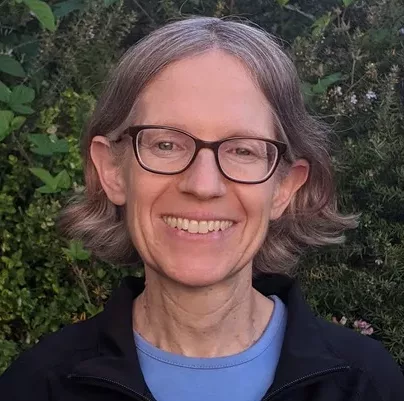
Dr. Ilil Carmi

Dr. Ilil Carmi
Ilil is a former Editor at Cell, Developmental Cell and supported other Cell Press journal teams as an Agile Editor. Currently a Research Development Strategist/Grant Writer at Stanford School of Medicine.
-
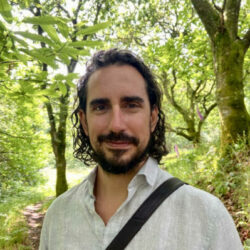
Dr. Javier Carmona Sanz

Dr. Javier Carmona Sanz
Javier joined Nature Medicine in 2016 as a scientific editor handling manuscripts in translational cancer research, clinical oncology and artificial intelligence in biomedicine, and in 2019 became Deputy Editor. During this time, he also collaborated as freelance editor for other journals in the Nature portfolio, such as Nature Communications, Nature Cell Biology and npj Precision Oncology. Currently he works as Scientific Strategy Officer at Vall d’Hebron Institute of Oncology (VHIO) in Barcelona, Spain. He is also a Scientific Editor with Life Science Editors.
-
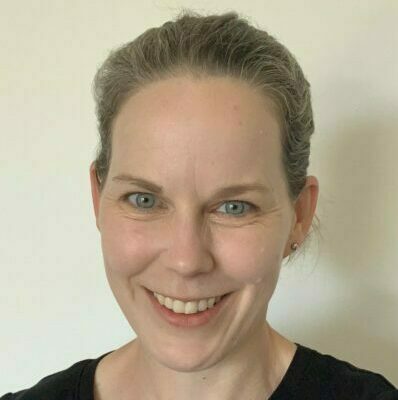
Dr. Kathryn Claiborn

Dr. Kathryn Claiborn
Kathryn is a former Editor at the Journal of Clinical Investigation. Currently a Senior Scientific Editor at Gladstone Institutes. -
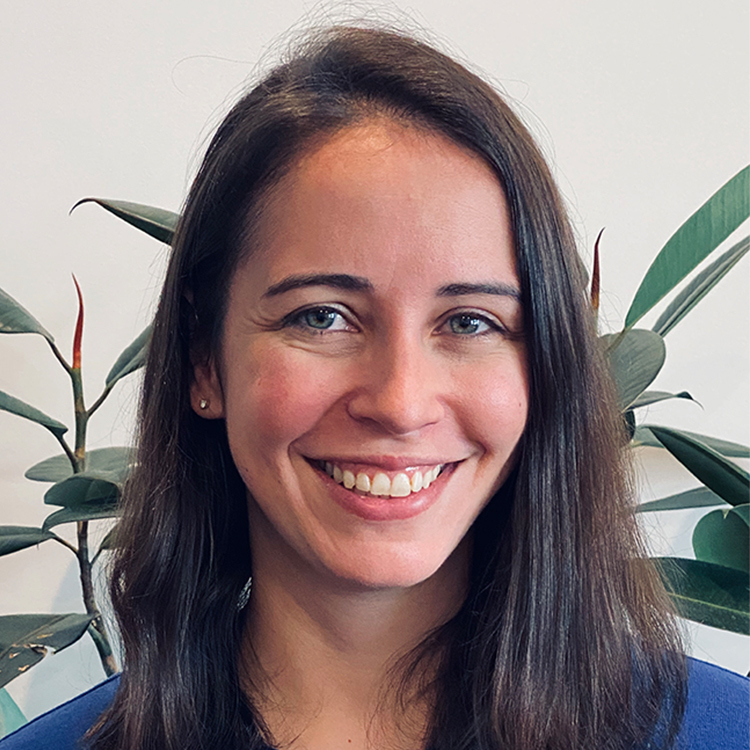
Dr. Stacie Dodgson

Dr. Stacie Dodgson
Stacie is a former Cell Journal Editor, with a primary focus on genetics, genomics, and immunology. Currently Scientific Strategy Manager at the Gladstone-UCSF Institute of Genomic Immunology. She is also a Scientific Editor with Life Science Editors.
-
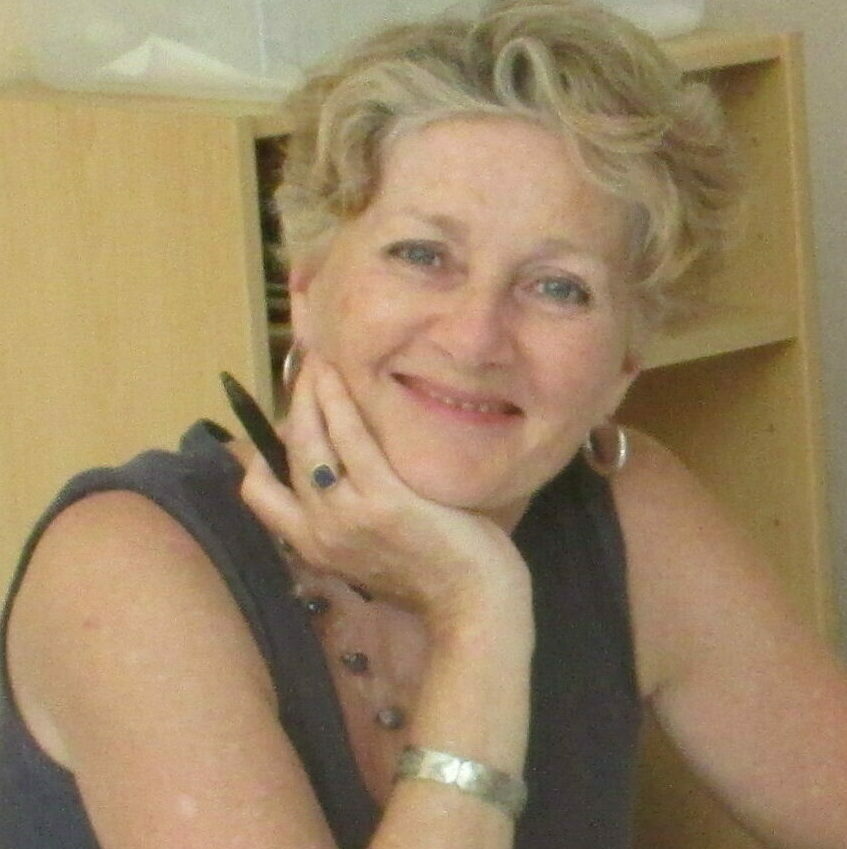
Dr. Carol Featherstone

Dr. Carol Featherstone
Carol is a former Journal Editor of Trends in Cell Biology. Currently Scientific Editor at Life Science Editors and at Plume Scientific Communication services.
-

Dr. Caroline Hendry

Dr. Caroline Hendry
Caroline is a former Journal Editor at Development. Currently the Scientific Director and Advisor to the Chair at Yale Department of Genetics.
-

Dr. Rosy Hosking

Dr. Rosy Hosking
Rosy is a former Journal Editor, Cell. Currently member of the Stanley Center for Psychiatric Research.
-
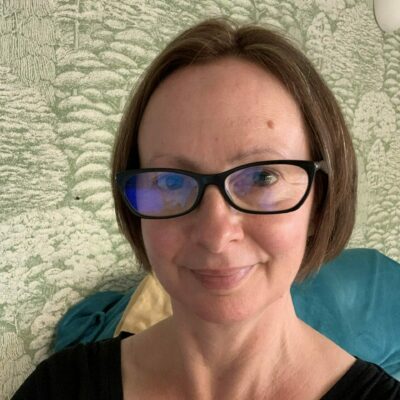
Dr. Susan Jones

Dr. Susan Jones
Susan is a former Senior Editor at Nature Biotechnology, Senior Research editor at PLOS Medicine, and Chief Editor at Nature Reviews Microbiology. Currently, Editorial Director, Nature journals, Life Sciences.
-
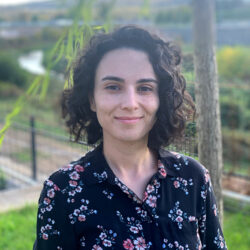
Ms. Duygu Koldere Vilain

Ms. Duygu Koldere Vilain
Duygu obtained her MSc in Molecular Biology and Genetics at Bogazici University, Istanbul, studying planar cell polarity in fruit fly Drosophila melanogaster eye. Then she joined Stein Aerts lab in KU Leuven and studied gene regulatory networks in fruit flies exploiting single cell RNA sequencing. She then pursued her passion for illustrations and helping scientists to communicate their research visually and is an illustrator with Designosome Scientific Visuals and with Life Science Editors
-
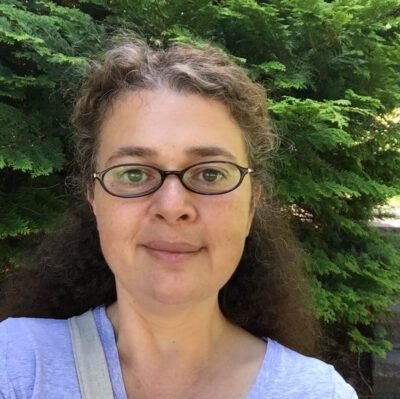
Dr. Milka Kostic

Dr. Milka Kostic
Milka is a former Editor-in-Chief at Structure and Cell Chemical Biology. Currently Program Director, Chemical Biology at Dana-Farber Cancer Institute, and Scientific Editor at Life Science Editors.
-
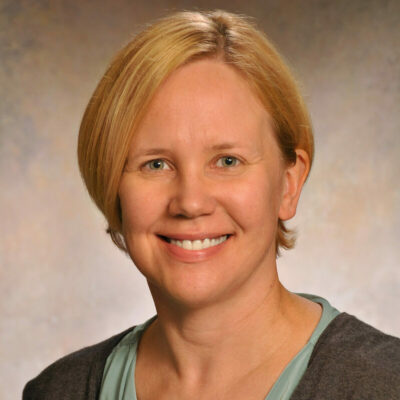
Dr. Connie Lee

Dr. Connie Lee
Connie is a former Journal Editor, Cell. Currently Associate Dean for Basic Science at the University of Chicago.
-
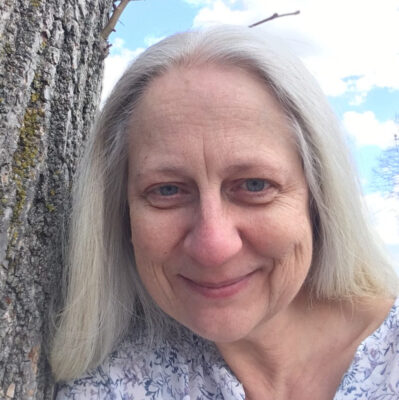
Dr. Christina Lilliehook

Dr. Christina Lilliehook
Christina (Kiki) is a former Journal Editor, Cell Stem Cell (Deputy Editor). Currently Scientific Editor at Life Science Editors and Associate Director of Research Development at Whitehead Institute.
-
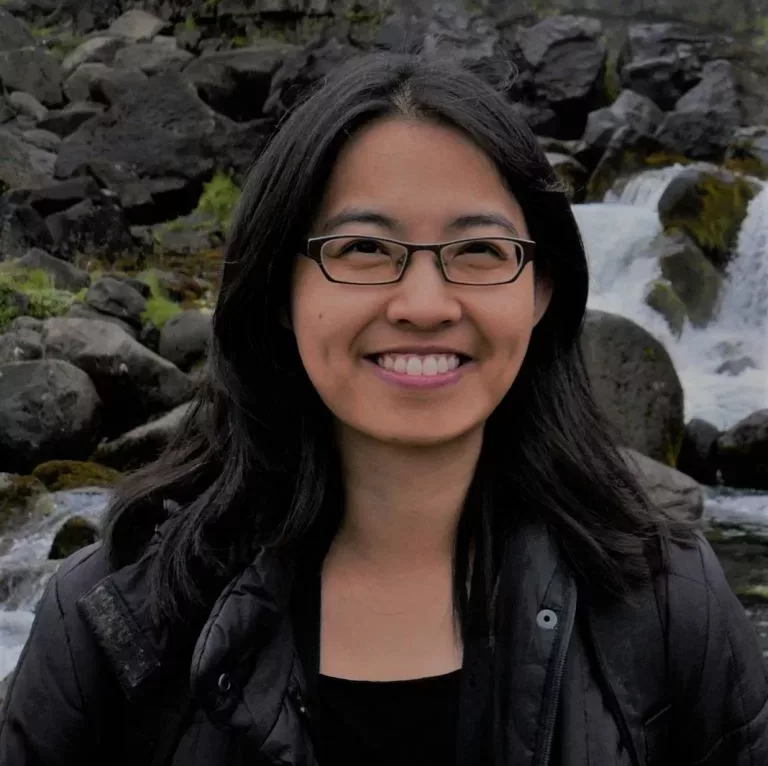
Dr. Emi Ling

Dr. Emi Ling
Emi is currently a Postdoctoral Fellow in Dr. Steve McCarroll’s lab at the Broad Institute of MIT and Harvard studying human genetic variation and neuronal biology.
-
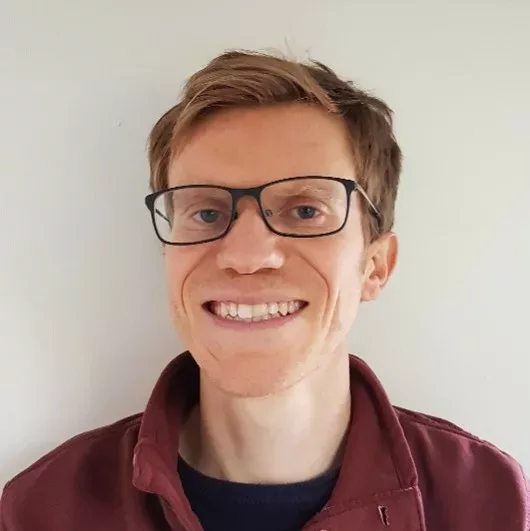
Dr. Robert Mahen

Dr. Robert Mahen
Rob is currently an academic visitor at Imperial College London and Associate Editor, Life Science Editors.
-

Dr. Emilie Marcus

Dr. Emilie Marcus
Emilie is a former Editor-in-Chief of Cell and former CEO of Cell Press. Currently Executive Strategy Officer at the David Geffen School of Medicine, UCLA.
-

Dr. Kristen Mueller

Dr. Kristen Mueller
Kristen is a former Journal Editor, Science and Senior Director, Scientific Program of the Melanoma Research Alliance. Currently, VP, Autoimmune Arthritis Research at the Arthritis Foundation.
-

Dr. Olesia North

Dr. Olesia North
Olesia is currently doing her postdoc in the Brown lab at McMaster University in Canada where she plans on expanding our knowledge of phage/bacteria interactions, or just learning something useful along the way. She is also an Associate Editor for Life Science Editors.
-
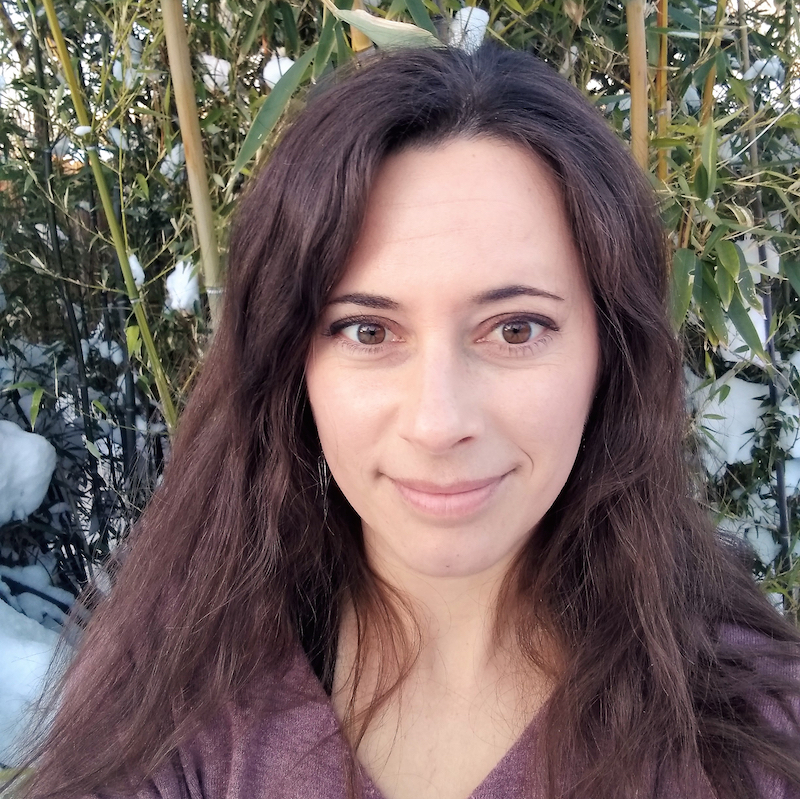
Dr. Becca Parker

Dr. Becca Parker
Becca is currently, Medical Writer and Editor, ARUP Laboratories.
-

Dr. April Pawluk

Dr. April Pawluk
April is a former Journal Editor at Cell, Molecular Cell, Cell Reports. Currently, a Science Editor at Life Science Editors and the Scientific Publications Strategist at Arc Institute.
-
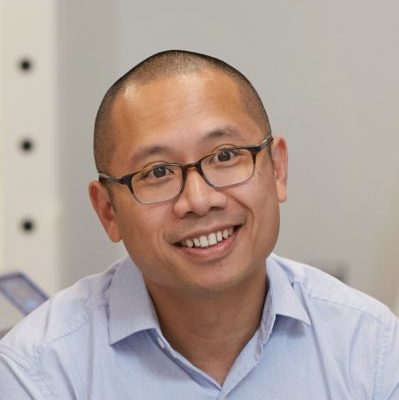
Dr. John Pham

Dr. John Pham
John started his editorial career as a Journal Editor at Molecular Cell and is currently Editor-in-Chief at Cell.
-
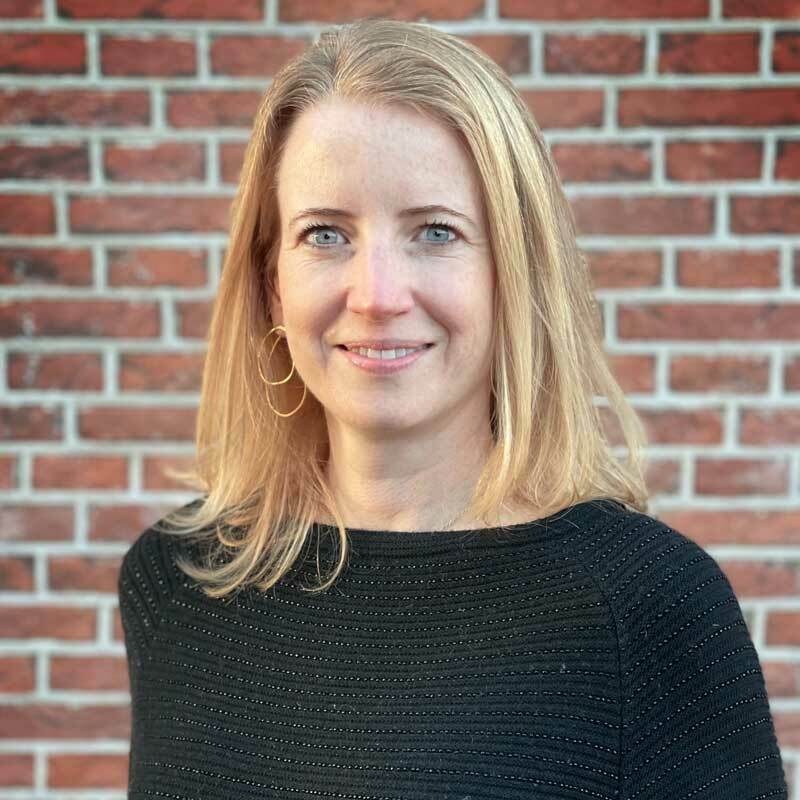
Dr. Helen Pickersgill

Dr. Helen Pickersgill
Helen co-founded and co-runs Life Science Editors and co-founded Life Science Editors Foundation.
-
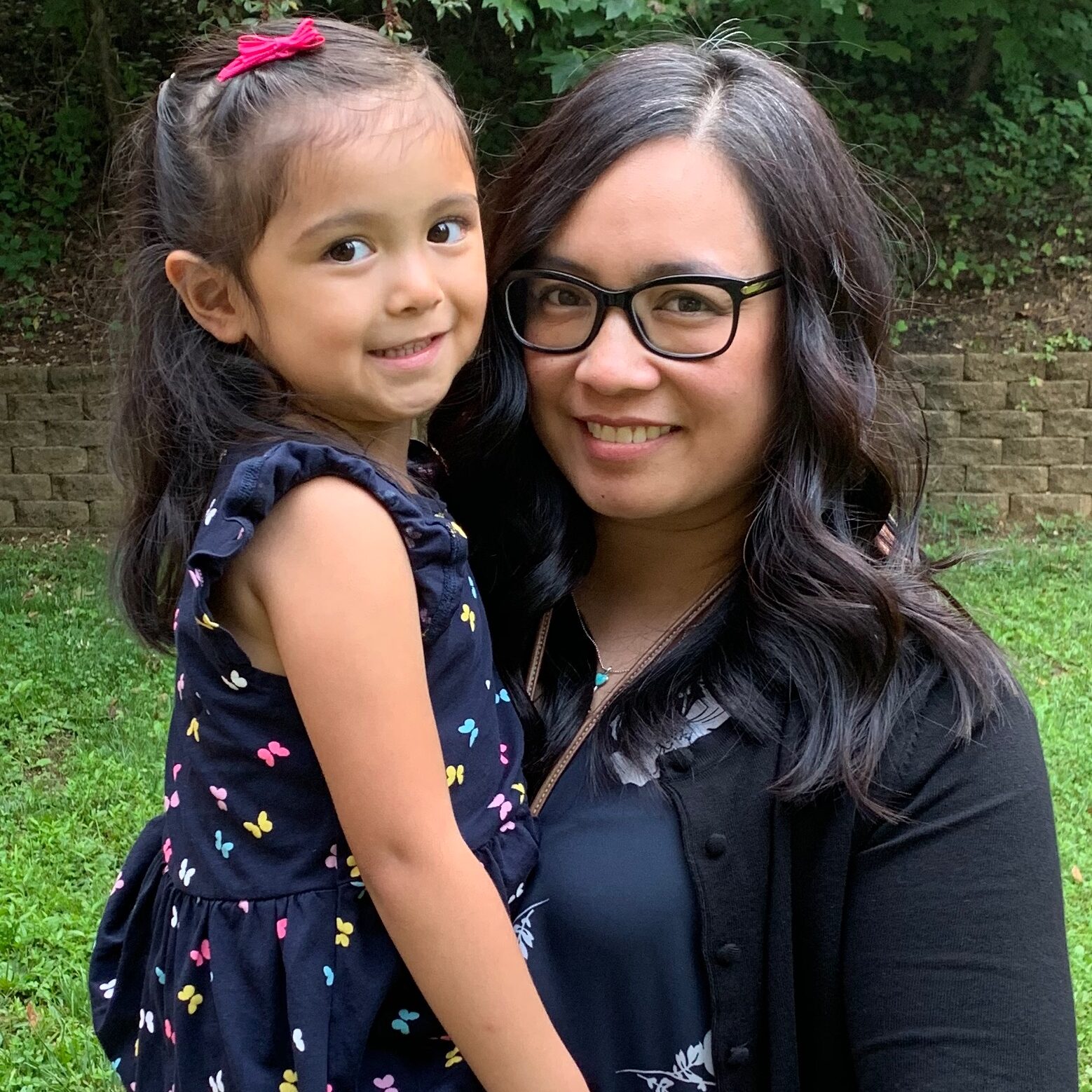
Dr. Josephine Rodriguez

Dr. Josephine Rodriguez
Josephine is an Associate Professor of Biology, The University of Virginia’s College at Wise, Wise, Virginia. Current PI of an NSF S-STEM and NSF ADVANCE project.
-

Dr. Michelle Ryndak

Dr. Michelle Ryndak
Michelle spent over three years as a Grant and Research Development Associate at Columbia University where she provided grant editing support to scientists across the range of career stages, multiple NIH mechanisms, and a variety of biomedical fields. She is currently a Scientific Editor at Life Science Editors.
-
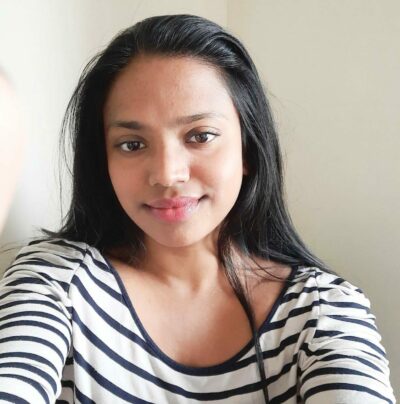
Dr. Aruni P. Senaratne

Dr. Aruni P. Senaratne
Aruni is currently, Scientific Writer and Editor at Institut Curie’s Research Center and Associate Editor at Life Science Editors.
-

Dr. Diana Stafforini

Dr. Diana Stafforini
Diana is Associate Director at the Huntsman Cancer Institute, and Scientific Editor at Life Science Editors.
-
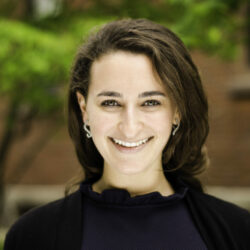
Dr. Jenna Sternberg

Dr. Jenna Sternberg
Jenna was a Scientific Editor at Cell Reports, before joining the Broad Institute in 2022. Jenna is currently a science advisor at the Broad and a Scientific Editor with Life Science Editors.
-
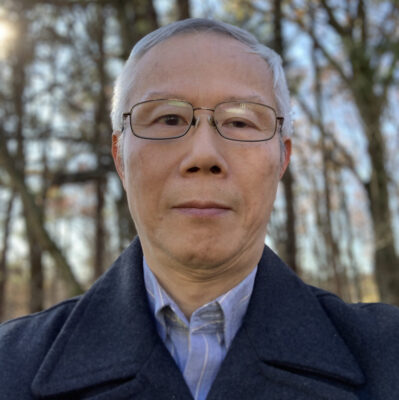
Dr. Li-Kuo Su

Dr. Li-Kuo Su
Li-Kuo is a former Editor-in-Chief at Cancer Cell. Currently, Scientific Editor at Life Science Editors.
-

Dr. Matt Velinder

Dr. Matt Velinder
Matt was previously, clinical genomics team leader at University of Utah and Language Editor at Life Science Editors.
-
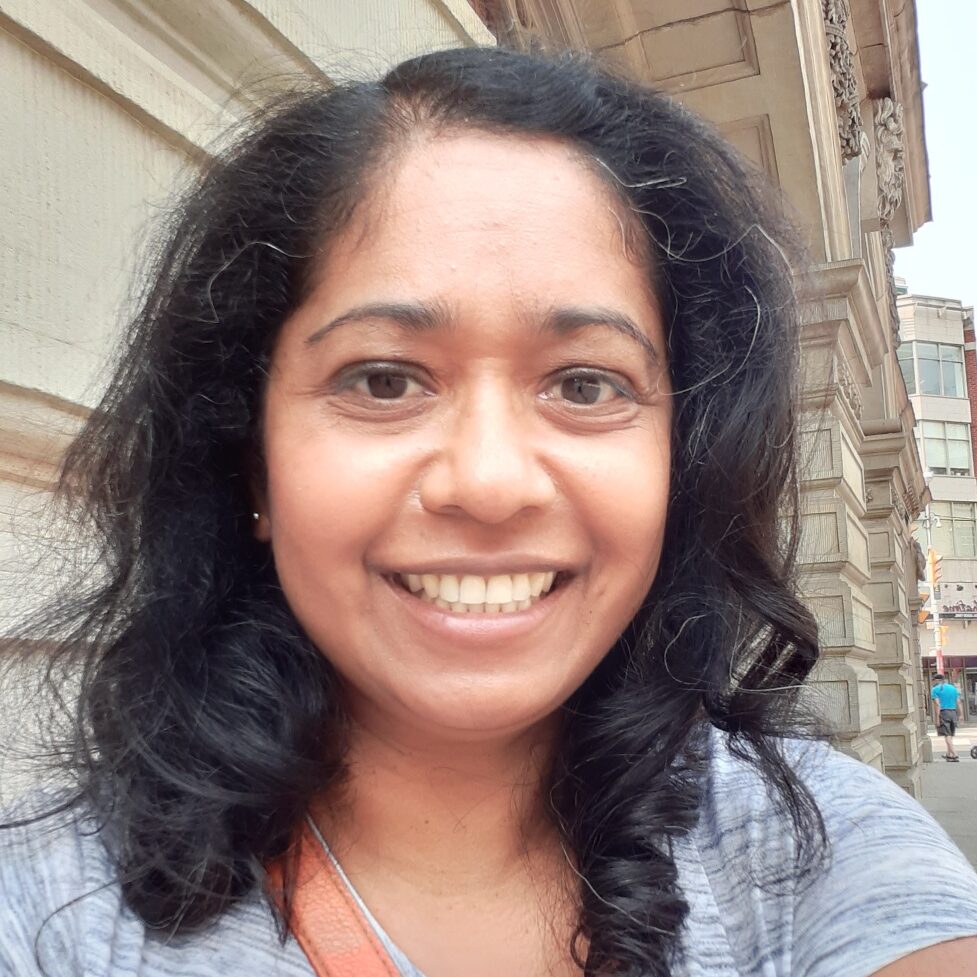
Dr. Usha Vivegananthan

Dr. Usha Vivegananthan
Usha is Academic Coordinator, Biotechnology Programs and Professor, Department of Biotechnology, Chemical and Environmental Technology, School of Engineering Technology, Mohawk College, Hamilton, Canada
-
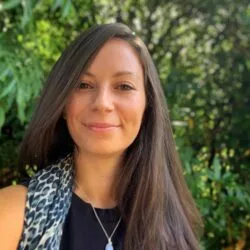
Dr. Diana Walsh

Dr. Diana Walsh
Diana is a former Clinical Scientist with the National Health Service, UK. Currently an Associate Editor at Life Science Editors.
-
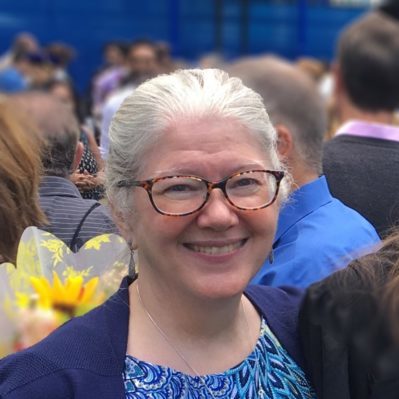
Dr. Ellen Wilson

Dr. Ellen Wilson
Ellen was previously in Research Development (Director), Writer and Editor at Huntsman Cancer Institute. Currently, Scientific Editor with Life Science Editors.
-

Dr. Katrina Woolcock

Dr. Katrina Woolcock
Katy is a former Journal Editor at Nature Structural & Molecular Biology. Currently, Scientific Editor at Life Science Editors.
Board of Directors
-

Dr. Helen Pickersgill
Chairperson

Dr. Helen Pickersgill
Chairperson
Helen studied cell biology during her PhD at the Paterson Institute in Manchester, UK, and gained postdoctoral experience in molecular and cancer biology at the Netherlands Cancer Institute, and the Whitehead Institute, U.S. She was a Journal Editor at Developmental Cell for a year, and then at Science for five years. She co-founded and co-runs Life Science Editors and co-founded Life Science Editors Foundation.
-
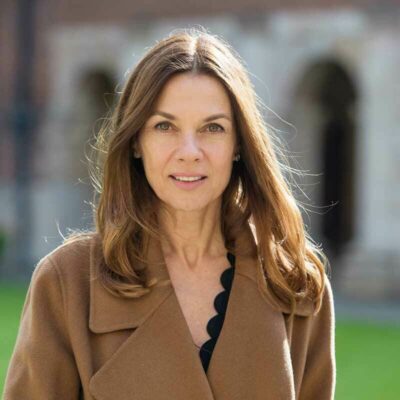
Dr. Magdalena Zernicka-Goetz
Vice-President

Dr. Magdalena Zernicka-Goetz
Vice-President
Magda received her PhD in developmental biology at Warsaw University followed by postdoctoral training on embryonic stem cells at the University of Cambridge. She is a Professor at the University of Cambridge (UK) and at the California Institute of Technology (USA). Magda studies how cells in the early mammalian embryo make decisions to drive proper development. Her lab is funded by grants from the National Institute of Health, Wellcome, European Research Council, and various foundations. Magda serves as Vice President of the Board for LSEF.
Magda’s lab aims to how cells establish their identity, gain and lose pluripotency and how it relates to embryo shape and size, plasticity and self-organization. To address these questions they study mouse and human embryos and build embryo models from multiple stem cell types in vitro. Her lab created the first synthetic embryos through assembly of different stem cell types – embryonic and extra-embryonic stem cells – that assemble into structures that recapitulate natural spatially regulated gene expression and morphogenesis to undertake gastrulation and develop to neurulation.
-
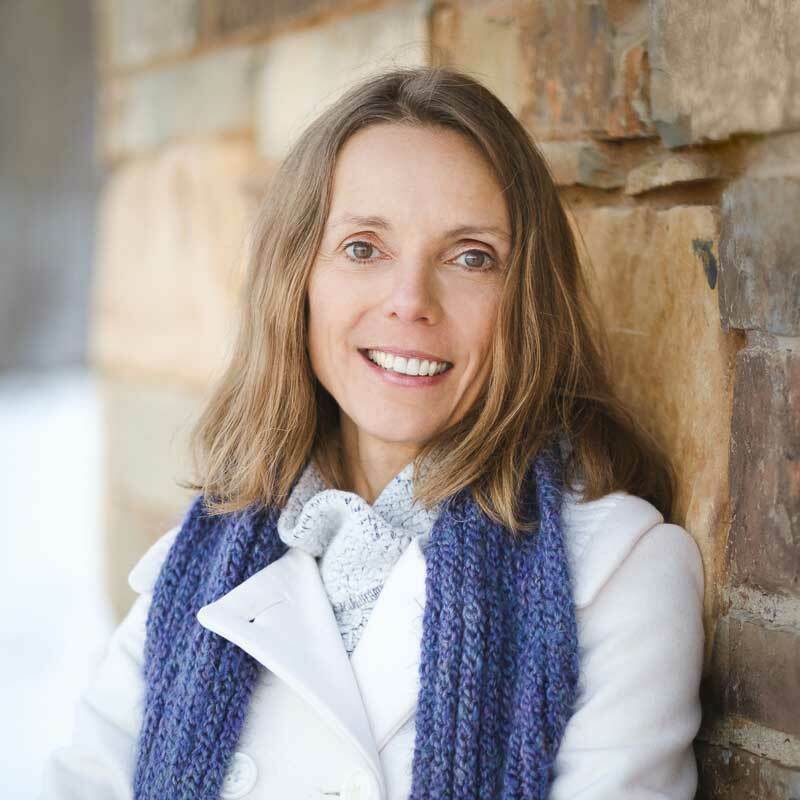
Dr. Angela Andersen
Treasurer

Dr. Angela Andersen
Treasurer
Angela studied catalytic RNA during her PhD (University of Toronto), X-chromosome inactivation as a postdoc (UCSF), and epigenetics and cancer as a Research Associate (HCI, OMRF). She was a Journal Editor at Cell for almost four years and co-founded and co-runs Life Science Editors and Life Science Editors Foundation.
-
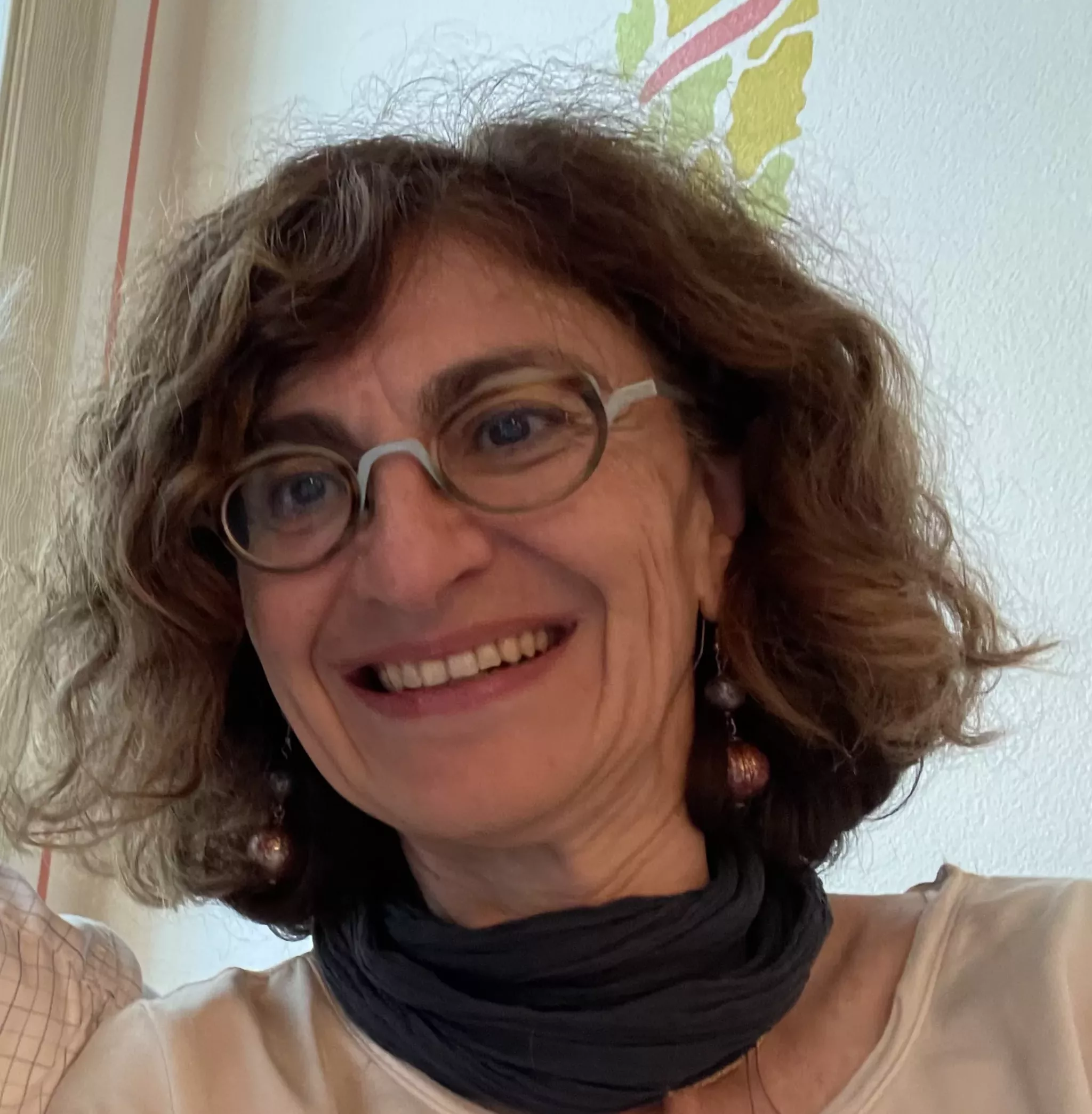
Dr. Geneviève Almouzni

Dr. Geneviève Almouzni
Genevieve received her PhD in Microbiology at Pierre and Marie Curie University, Paris followed by postdoctoral training on Chromatin biology at NIH, Bethesda, USA. She is a CNRS director holding her laboratory at Institut Curie (France). Her lab is funded by grants from the Agence National of Research (France), European Research Council, and other EU commission supported actions and various foundations.
Genevieve studies the dynamics of chromatin organization in the nucleus and during the cell cycle, their contribution to cell fate during normal development and pathological situations like cancer. Her team has substantially contributed to our understanding of how chromatin organization is established, propagated, maintained, and changed during development and in response to environmental cues. In particular, her lab’s research has shed light on the fundamental issues of the dynamics, fate, and inheritance of histones, with their specific marks typical of particular chromatin domains. They are analyzing regulatory pathways that target histone chaperones and variants to control the assembly line and its connecting network.
-

Dr. Shawna Hiley

Dr. Shawna Hiley
Shawna studied catalytic RNA during her PhD (University of Toronto) and and the global regulation of RNA processing (University of Toronto). She was a Post Secondary Educator at Centennial College, Canada, and Scientific Editor at Life Science Editors. Currently, she is Scientific Editor and Communication Strategist at Caltech with Dr. Mitch Guttman’s lab.
-
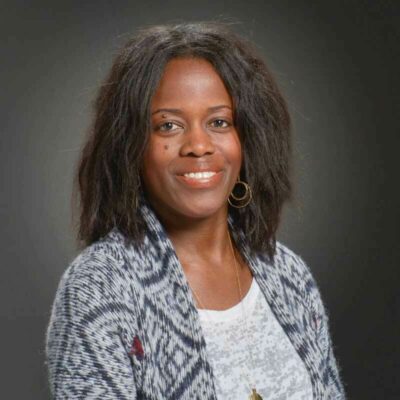
Dr. Mandë Holford

Dr. Mandë Holford
Mandë received her PhD in protein chemistry from Rockefeller University followed by an interdisciplinary, NSF postdoctoral fellowship to study venomous snails at University of Utah, Paris Museum of Natural History, Smithsonian Tropical Research Institute, and Max Delbruck Research Center. She is a Professor at CUNY Hunter College and The CUNY Graduate Center, with scientific appointments at the American Museum of Natural History and Weill Cornell Medicine. Her lab studies how venom evolved in animals and identifies novel venom peptides for use in research and medicine. She cofounded the award-winning EdTech company Killer Snails, which uses computer games to teach K-12 science.
Mandë’s lab uses a “learn-from-nature” evolutionarily integrated strategy, Mollusks to Medicine, to discover novel peptides from venomous marine snails that could be used to manipulate cellular physiology pertaining to pain and cancer. Research projects in her lab apply inventive tools from chemistry and biology to: (1) investigate the evolution of venom in predatory marine snails, (2) discover disulfide-rich peptides from a venom source, (3) develop high-throughput methods for characterizing structure-function peptide interactions, and (4) deliver novel peptides to their site of action for therapeutic application. Her lab’s publications highlight their peptide drug discovery strategy, demonstrate a novel computational method for optimizing the activity of venom peptide/channel complexes, provide proof in principle for the application of nanocontainers for peptide drug delivery, and the exploration of chemical pigmentation in nature.
-
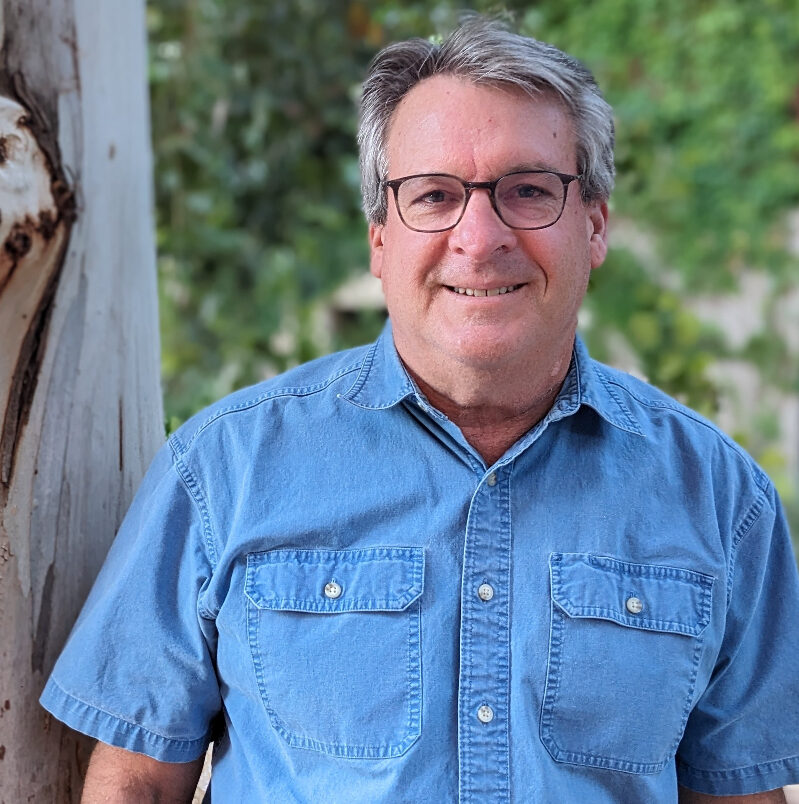
Dr. Stephen Matheson

Dr. Stephen Matheson
Stephen earned his PhD in neuroscience at the University of Arizona before postdoctoral work at Massachusetts General Hospital with Jeff Settleman. After 10 years in academia, he joined the Cell Reports editorial team in 2012 and eventually served four years as Editor-in-Chief. From 2022-2024 he worked at PLOS as Associate Editorial Director. Since 2015, Stephen has co-organized (with Dr. Charla Lambert) the Scientific Writing Retreat at Cold Spring Harbor Laboratory. He is currently a Scientific Editor with Life Science Editors. He lives in Tucson, Arizona and loves his bikes.
-

Dr. Brandi Mattson

Dr. Brandi Mattson
Brandi earned her PhD in Behavioral and Neural Sciences at Rutgers University and then completed a postdoctoral fellowship at The National Institute on Drug Abuse (NIDA) with Dr. Bruce Hope. She was a Group Leader (Neocortical Microcircuitry and Autism) at EPFL (École polytechnique fédérale de Lausanne) and a Scientific Editor at Neuron. She is an innovative scientific professional that leverages neuroscience insights to liaise among academic faculty and industry partners. Brandi capitalizes on academic research and research development careers to execute keen strategic initiatives to advance science in neuroscience, cancer, immunology, and cell biology at Tier 1 academic institutes. She is currently a Scientific Editor with Life Science Editors.
-
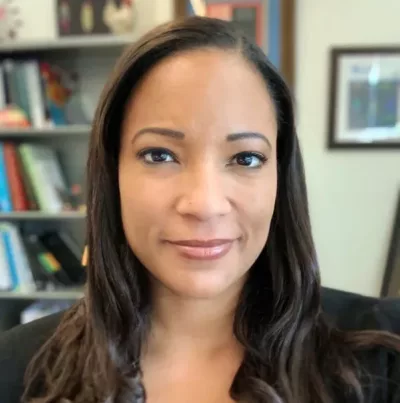
Dr. Crystal Rogers

Dr. Crystal Rogers
Crystal is an Associate Professor in the Department of Anatomy, Physiology, and Cell Biology at the UC Davis School of Veterinary Medicine. She received her PhD from Georgetown in 2009 and was a postdoctoral fellow at Caltech from 2010-2015. She started her lab as an Assistant Professor at California State University where she created a thriving undergraduate research program in developmental biology, and then moved to UC Davis. Crystal serves as Co-Executive Director of LSEF.
Crystal’s lab studies the molecular mechanisms that drive neural crest cell development in chicken (Gallus gallus), quail (Coturnix japonica), and axolotl (Ambystoma mexicanum) embryos. She is interested in identifying and characterizing genes and proteins involved in the specification of these tissues as well as those controlling the epithelial to mesenchymal transition, a process that occurs naturally during development and also during cancer transformation.
-
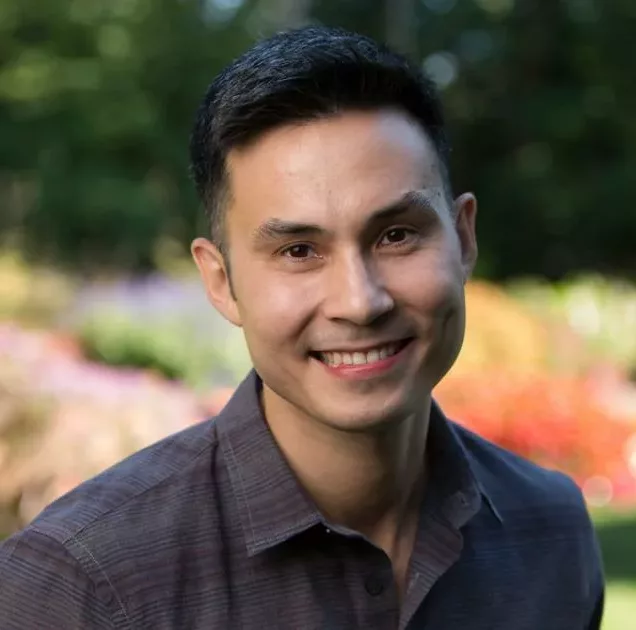
Dr. Marcos Simoes-Costa

Dr. Marcos Simoes-Costa
Marcos Simoes-Costa is an Associate Professor in the Department of Systems Biology and the Department of Pathology at Harvard Medical School. After completing his Ph.D. at the University of Sao Paulo, Marcos moved to the California Institute of Technology as a Pew Latin American Fellow. His postdoctoral training focused on the gene regulatory networks that drive the formation and differentiation of neural crest cells. After starting his laboratory at Cornell University in 2016, Marcos moved to Harvard Medical School, where his team studies the spatial control of gene expression during embryonic development.
In particular, Marcos’ lab studies how gene regulatory networks are able to transform cell identity to generate specialized tissues. Their model of choice are neural crest cells, which are able to migrate throughout the developing embryo to give rise to neurons, pigment cells, and skeletal cells. In addition, they are investigating how environmental information is processed by the genome to ensure cells differentiate at the right time and place. They also study the biology of ectodermal cancers to understand how stem cell identity is coopted during tumorigenesis and metastasis.
-
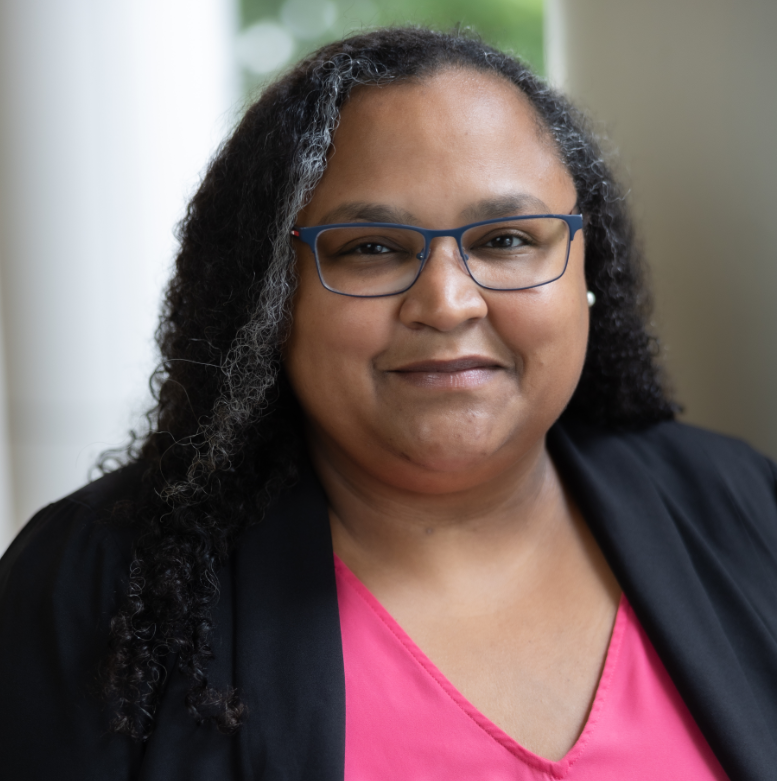
Dr. Chrystal Starbird

Dr. Chrystal Starbird
Chrystal is an Assistant Professor in the Department of Biochemistry and Biophysics at the University of North Carolina at Chapel Hill. She is a committed advocate for creating equitable and inclusive spaces to conduct scientific research and has won numerous awards including the first Rising Black Scientist Award from Cell and the Distinguished Service Award in DEI from Yale University.
Chrystal’s lab is currently focused on studying TAM (Tyro3, Axl and Mer) receptor tyrosine kinases. TAMs are a clinically important and mechanistically understudied RTK subfamily whose activation appears to involve not only ligand but also interactions with the membrane lipid, phosphatidylserine. How TAM receptors are activated by different mechanisms and how the various activation mechanisms toggle signaling output is an important basic question that her lab aims to address through structural, biochemical, and cellular studies. In a collaborative project with laboratories at Vanderbilt, Fisk and Meharry Medical School, her lab is also investigating the role of African American variants of ABCA7 in increased risk for developing Alzheimer’s disease. Genetic screening has indicated that mutations in the ATP-binding cassette gene, ABCA7, are the strongest indicator for disease development in African Americans.
Board Alumni
-
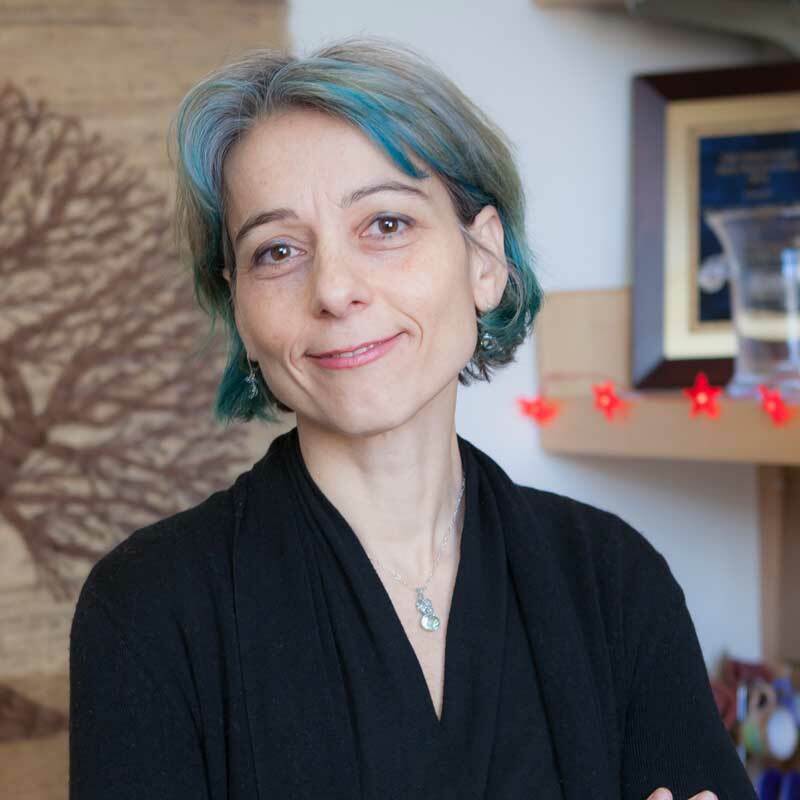
Dr. Valentina Greco

Dr. Valentina Greco
Valentina is a Professor in the Genetics, Cell Biology and Dermatology Departments, and a member of the Yale Stem Cell Center and Yale Cancer Center at Yale University. She is on a mission to do good, collaborative science while promoting inclusivity within the scientific community, prioritizing mentoring of the lab’s trainees’ scientific growth, and striving to make science accessible to everyone. She has received many awards, including the 2021 International Society for Stem Cell Research (ISSCR) Momentum Award, the 2019 NIH Director’s Pioneer Award, the 2019 Yale Postdoctoral Mentoring Award, the 2018 Yale Graduate Mentor Award in the Natural Sciences.
-
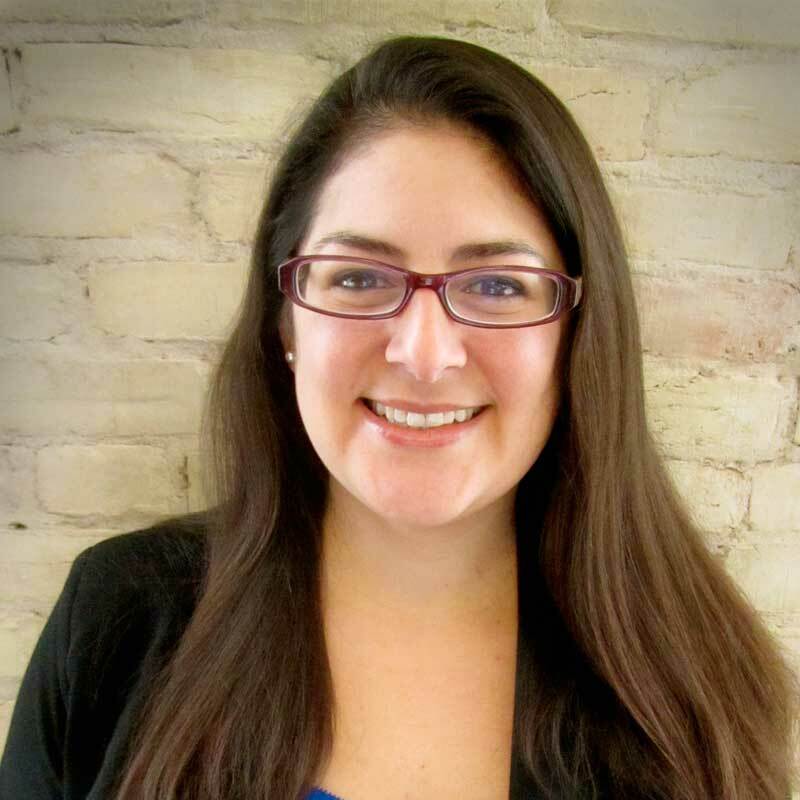
Dr. Giovanna Guerrero-Medina

Dr. Giovanna Guerrero-Medina
Giovanna received her PhD in Neurobiology from the University of California, Berkeley, followed by work in science policy at the National Academies, the NIH, and the Van Andel Institute. Since 2012 she has been the Executive Director of Ciencia Puerto Rico. She is also the Director of the Yale Ciencia Initiative at Yale University School of Medicine and Assistant Director of Diversity, Equity and Inclusion of Yale’s Wu Tsai Institute. These positions allow her to lead programs to promote more inclusive academic environments. Her work is funded by grants from the NIH/NIGMS and the Science Sandbox of the Simons Foundation, among others.
-
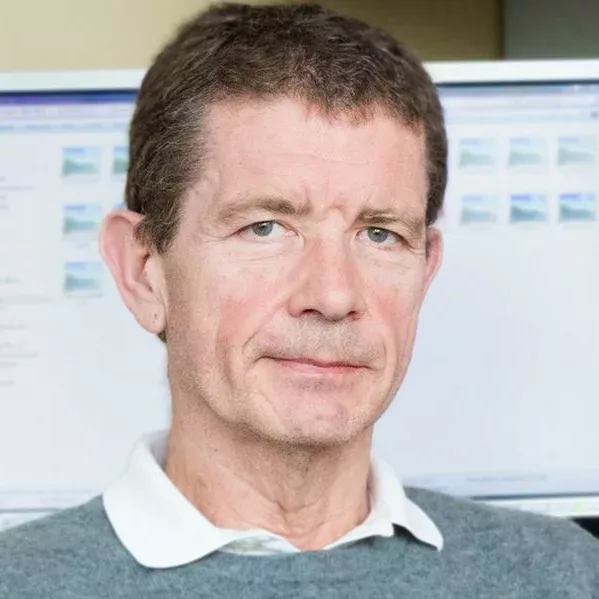
Dr. Olivier Pourquié

Dr. Olivier Pourquié
Olivier is the Frank Burr Mallory Professor of Pathology and Professor in the Department of Genetics at Harvard Medical School, and Professor of Pathology at the Brigham and Women’s Hospital. He was the director of the Institute for Genetics and Molecular and Cellular Biology (IGBMC) in France and before that a Howard Hughes Medical Institute Investigator at the Stowers Institute for Medical Research in Kansas City. He graduated as an engineer in France and trained with Nicole Le Douarin. He was the Editor in Chief of the journal Development from 2009-2018.
-
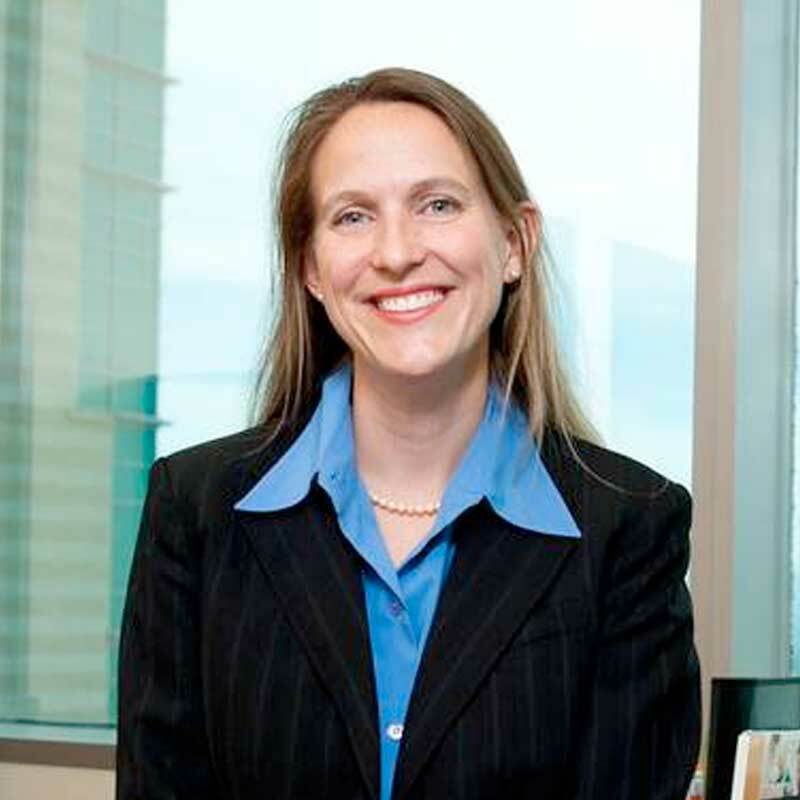
Dr. Alana Welm

Dr. Alana Welm
Alana received her PhD in Cell and molecular biology at Baylor College of Medicine followed by postdoctoral training in cancer biology at UCSF. She started her laboratory at the University of Utah’s Huntsman Cancer Institute (HCI) in 2007, where her lab focuses on breast cancer metastasis. She is a Professor and Senior Director of Basic Science at HCI. Her lab is funded by grants from the NCI, DoD, and various foundations.
